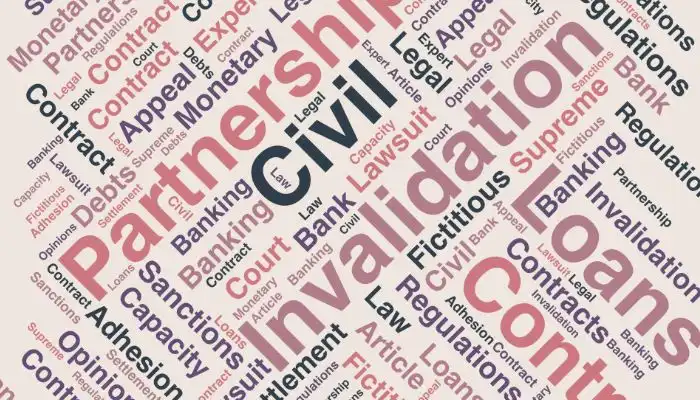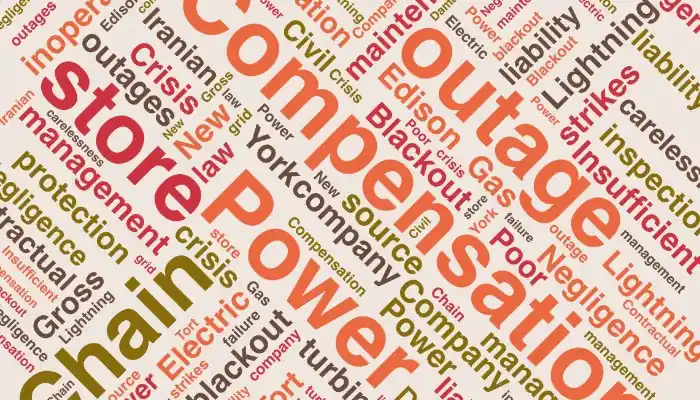A Company entered into a partnership with the bank to establish a production unit. However, at the end of the contract period, due to reasons beyond the parties’ control, including the unjust sanctions against the Islamic Republic of Iran, the partnership was not completed.
At the end of the aforementioned contracts, the bank, as the loan provider, in order to settle the said loans, proceeded to conclude two fictitious civil partnership contracts instead of extending the previous contracts.
Subsequently, the bank, based on these fictitious contracts, filed a lawsuit against the company in Branch Nine, and after the company was convicted, the bank collected all the claimed receivables from the company and the guarantors. Since this action by the bank was contrary to the country’s monetary and banking regulations, a lawsuit for the invalidation of the fictitious contracts, which had formed the basis for the court’s ruling, was drafted and submitted to Branch Eight of the court.
The adjudicating court, after ordering the scheduling of the hearing, holding the session, and listening to the statements of the attorneys for both parties as recorded in the minutes and submitted briefs, announced the conclusion of the trial. In the judgment dated 2018/07/11, the court, upon reviewing the documents and contents of the case file, including the contract texts, determined that what the plaintiff had claimed as the basis for invalidation did not exist in the contracts. The attached contracts, as well as those that formed the basis for the conviction ruling in Branch Nine, were drafted in accordance with the law, and the essential conditions for the validity of the transaction (contracts) as per Article 190 of the Civil Code were met.
However, the bank’s partner, the plaintiff, did not fulfill its own obligations, and after receiving the funds, deviated from the contract and did not act according to the commitment. This deviation does not affect the validity of the contract, and the fact that the plaintiff was unable to return the funds within the stipulated time and another contract was drafted later does not invalidate the subsequent contract. This later contract is considered an adhesion contract, and the fact that some words were amended by the bank employee who drafted the contract is not a reason for invalidation, as the contracting party signed and confirmed the contract at the end. Therefore, considering the above, the conditions for the validity of the contract were observed, and there was no defect in the intent, consent, capacity of the parties, subject matter, or purpose of the contract, and the essential conditions were met. Consequently, the plaintiff’s claim was found to be unsubstantiated, and the court issued a ruling rejecting the plaintiff’s claim.
Following the judgment of Branch Eight, an appeal was filed. After completing the legal formalities, the case was sent to the Supreme Court and referred to one of its branches.
Summary of the Supreme Court Branch Ruling:
The appeal and objection to the judgment of Branch Eight are upheld for the stated reasons. The initial request in the primary lawsuit, which led to the appealed judgment, sought the review and invalidation of two civil partnership contracts between the appellant (the company) and the appellee (the bank). In these contracts, the regulations of civil partnership and the provisions of the Law on Usury-Free Banking Operations of 1983 were not adhered to. Therefore, based on Clause 2 of Article 371 and Clause C of Article 401 of the Civil Procedure Code, the appealed judgment is annulled, and the case is referred to another branch of the same rank as the issuing branch for a ruling based on legal and religious regulations.
Summary of the Parallel Branch Ruling:
From the expert opinions reflected in the case file, it is evident that the civil partnership and working capital contract No. 920500115 dated 2012/02/15 was concluded to settle contracts No. 89250049 and 82500110, and the civil partnership contract No. 912500179 dated 2013/02/18 was concluded to settle contract No. 90130009. These contracts were not actually intended to perform the partnership’s subject matter but were immediately used to settle previous loans. As mentioned in the Supreme Court ruling No. 9709970907800303 dated 2018/11/04 regarding this case, the loan contracts were fictitious and were not actually provided for the purpose of performing the partnership but were immediately withdrawn to settle previous claims. The actual practice differed from the terms of the legal partnership contract and contradicted Central Bank Circular 86/9/11/3786 dated 2007/12/02, as the granting of loans by banks must be based on specific contracts that…
Therefore, this court finds the plaintiff’s lawsuit valid and substantiated. Pursuant to the aforementioned articles and Article 198 of the Civil Procedure Code, it declares the invalidation of the two civil partnership contracts No. 912500179 dated 2013/02/18 and No. 9202500115 dated 2012/02/15 with the defendant bank. It is understood that the plaintiff’s debt will be settled according to previous contracts and relevant legal provisions and guidelines.




